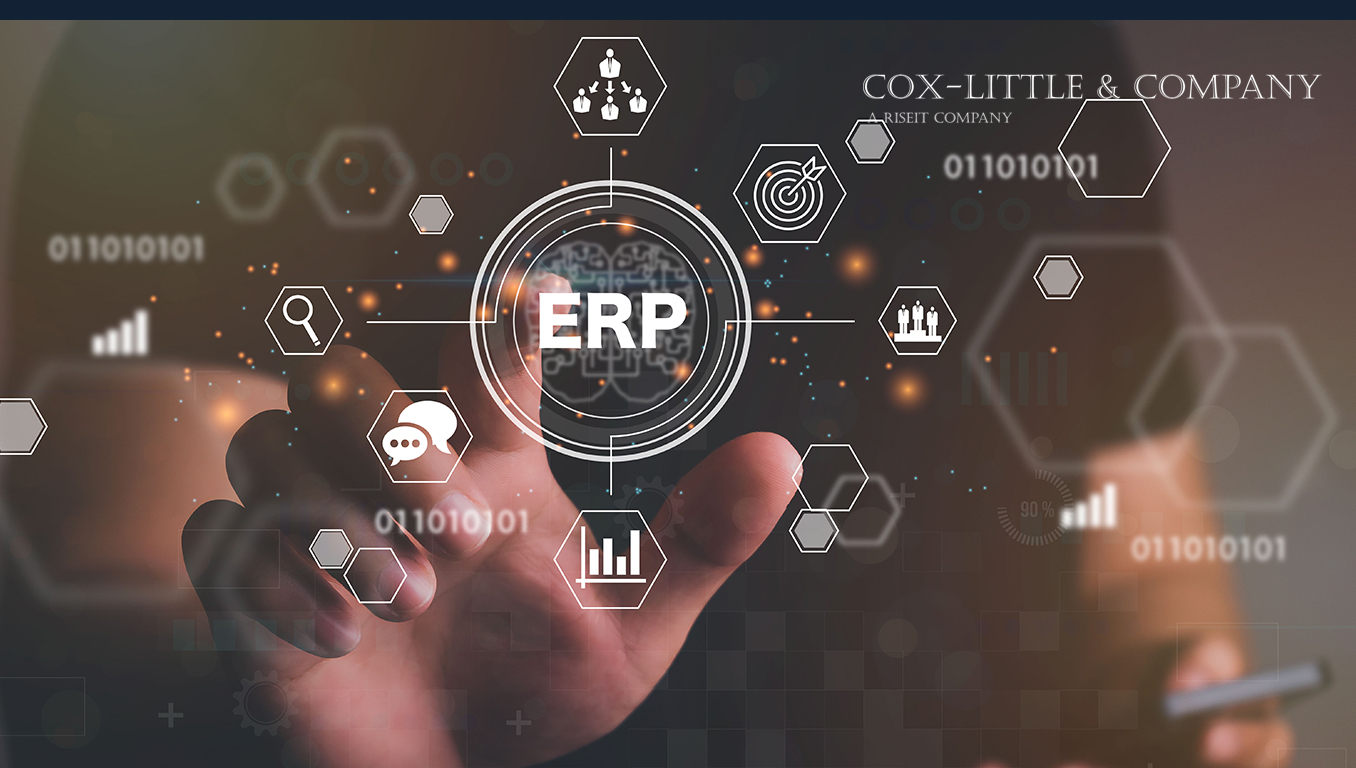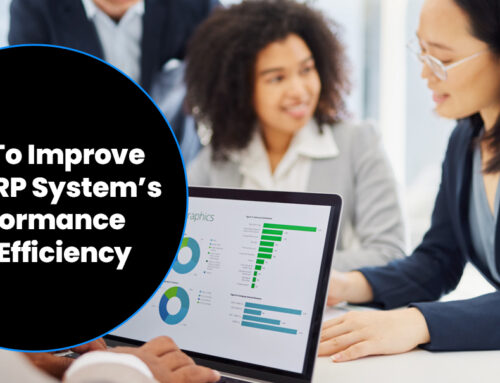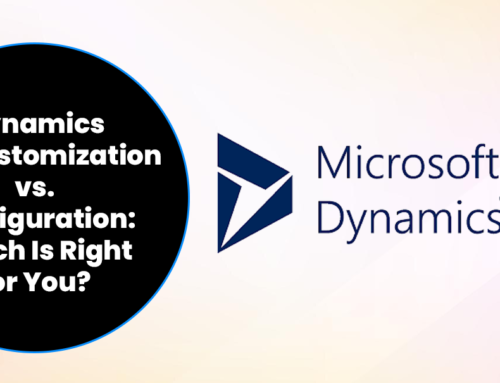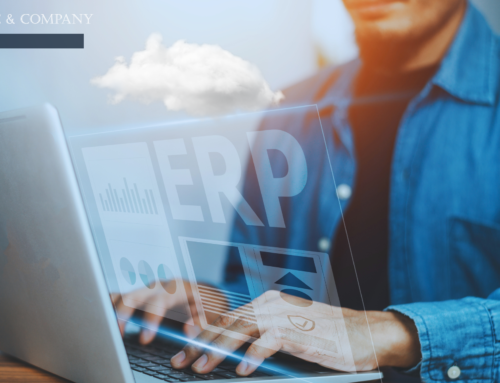
Cloud adoption has been advancing by leaps and bounds, with the COVID-19 pandemic and subsequent remote work trend identified as a major driver. In fact, one study found that 9 in 10 companies placed more time and money in the cloud as a direct result of the pandemic.
What’s more, Gartner has predicted that cloud adoption-related expenditures will top $480 billion by the end of 2022, with an estimated 92% of companies shifting at least some of their IT infrastructure to the cloud. This places the cloud industry on a path toward a $950+ billion valuation by 2026. And it’s not just big business that’s migrating to the cloud; small and medium-sized enterprises (SMEs) are continually identified as the “fastest adopters of cloud” technology.
Cloud technology has opened doors, creating many new opportunities. This is particularly true in the realm of enterprise resource planning (ERP) platforms. Let’s take a look at the evolution of cloud-based ERP software and what the future of cloud ERP may bring.
The Origins of Enterprise Resource Planning Software and the Cloud
To appreciate where cloud ERP is headed in the future, you must have a good understanding of its roots. As the name implies, enterprise resource planning systems were originally developed for large corporations and enterprises, serving as a centralized interface and virtual “home base” for accounting, manufacturing, sales, marketing, human resources, inventory, logistics, and beyond.
The first generation of ERP platforms were on-premise systems. As such, companies saw lots of overhead costs related to the establishment and maintenance of data centers and the hardware that was housed within. These costs placed ERP technology beyond the financial reach for most organizations.
Enter: the cloud. The cloud has made this enterprise software available to startups, small businesses, and medium-sized companies — organizations that previously found ERP solutions to be grossly cost-prohibitive. Gone was the need for a pricey data center, heat-generating hardware, and a team of staff to manage it all. Cloud ERP is now a software-as-a-service (SaaS) offering that is both scalable and affordable, owing to its monthly pay-for-only-the-resources-that-you-use billing.
What is the Future of Cloud ERP?
The future of cloud ERP is a bright one, to be certain. An increasing number of ERP software providers have shifted their focus to cloud-based ERP solutions. These cloud ERP systems are now the platforms with the broadest feature sets and most frequent updates. On-premise ERP software now lacks many of the functionalities that are being included in the cloud-based alternatives.
Some ERP developers are no longer guaranteeing updates and support for non-cloud platforms beyond the immediate future. Therefore, it stands to reason that many companies are planning to discontinue their non-cloud ERP platforms within the next few years. It is probably fair to expect that we will see the number of cloud ERP platforms increase, while the number of available on-premise ERP systems could dwindle to virtually nothing.
Cloud ERP is also changing the future of hiring ERP professionals and the advantages of cloud-based ERP systems are numerous, and they are frequently the most beneficial to small firms.
Cloud ERP platforms bring many benefits over traditional ERP systems, so it is probably fair to surmise that these advantages are currently and will continue to drive companies toward cloud adoption. Some of these benefits include the following.
Cost-effectiveness – The cloud is known to be very cost-effective because you do not have the overhead from hardware, data centers, data center staff, and the actual software license. Cloud ERP typically involves a pay-as-you-go SaaS model, where the company is charged for the resources they utilize — nothing more and nothing less.
Scalability – Cloud ERP is highly scalable and resources are made available on an as-needed basis, which allows for easy maintenance without compromising performance.
Accessibility – Cloud ERP platforms are accessible from anywhere with an internet connection, which is very conducive to today’s remote work culture. This accessibility has raised some concerns over security, which brings us to our next cloud benefit…
Security – The easily-accessible nature of the cloud prompted developers to implement some very robust security measures right out of the gate. Today’s cloud-based interfaces feature security that meets or surpasses what you can expect to see on nearly all non-cloud alternatives. The proliferation of cloud technology has dramatically furthered the development of cloud security, making this an area where we can expect to see rapid advancement.
Why is There Hesitation to Migrate to a Cloud ERP Platform?
When considering the future of cloud ERP, it’s natural to consider your own future as it relates to cloud ERP. With potentially dramatic cost savings, tremendous scalability, unmatched accessibility, and best-in-class security, you may find yourself wondering why one would hesitate to implement a cloud ERP system — especially in the case of a business that is still using a costly on-premise ERP platform.
The process of migrating from an on-premise platform to a cloud ERP interface is very involved and it typically requires the assistance of a cloud migration partner. There is a fair amount of time and money involved too. Although many developers are announcing plans to discontinue updates and support for non-cloud ERP systems in the not-so-distant future, this is one cloud migration project that is probably inevitable — it is not a matter of if, but when it will occur.
Hesitation may also arise from the prospect of shifting a company’s mission-critical software systems to a new platform. Even if you shift to a cloud ERP platform that’s developed by the same company as your on-premise system, you can expect to see some differences. This translates into a need for more user training — something that can cause a bit of disruption to an organization’s operations. That said, the inconvenience and cost of user training can be offset by the additional features and functionalities that are present in most cloud ERP platforms. Beyond this, you can also expect to see cost savings as a result of switching from on-premise to cloud ERP; this can justify the migration and training costs.
Like all enterprise software implementation projects, migrating to a cloud ERP system requires careful planning and expertise. At Cox-Little, we understand the stress that surrounds an ERP migration and implementation project. Our experienced ERP consultants are available to offer guidance, leading your project toward the finish line with minimal stress and maximum ROI. Contact the Cox-Little team to connect with ERP experts who will set your business down the path toward success with a new cloud ERP platform.





